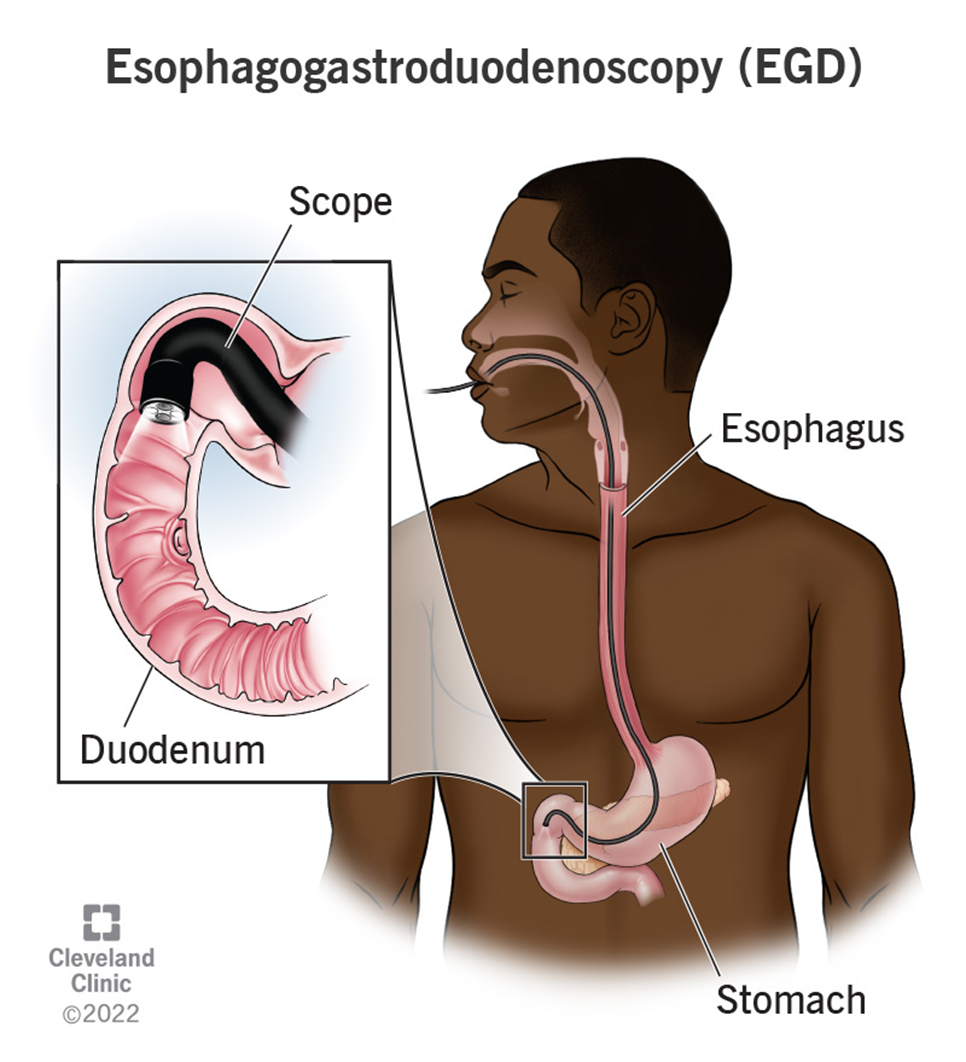In addition to assessing peripheral pulses and auscultating the patient’s heart and lung sounds, which action will be implemented by the nurse before a cardiac catheterization? Select all that apply. One, some, or all responses may be correct.
Instruct the patient to withhold any medication for diuretic therapy.
Prepare to administer fluids 2 hours before the procedure for patients with renal dysfunction.
Advise the patient to take all anticoagulants.
Administer steroids if the patient has an allergy to iodine-based contrast.
Ensure that the patient is NPO for a minimum of 2 hours before the procedure.
Correct Answer : A,C,D,E
Choice A: Instruct the patient to withhold any medication for diuretic therapy.
Reason: Diuretics can lead to dehydration and electrolyte imbalances, which can complicate the cardiac catheterization procedure. Withholding diuretics helps to maintain fluid balance and reduce the risk of complications during the procedure
Choice B: Prepare to administer fluids 2 hours before the procedure for patients with renal dysfunction.
Reason: Administering fluids before the procedure helps to prevent contrast-induced nephropathy, especially in patients with renal dysfunction. Hydration helps to flush out the contrast material used during the procedure, reducing the risk of kidney damage.
Choice C: Advise the patient to take all anticoagulants.
Reason: This choice is incorrect. Patients are usually advised to withhold anticoagulants before a cardiac catheterization to reduce the risk of bleeding complications. The decision to continue or withhold anticoagulants should be based on a careful assessment of the patient’s risk of thromboembolism versus the risk of bleeding.
Choice D: Administer steroids if the patient has an allergy to iodine-based contrast.
Reason: Administering steroids is a common premedication strategy for patients with a known allergy to iodine-based contrast media. Steroids help to reduce the risk of an allergic reaction during the procedure.
Choice E: Ensure that the patient is NPO for a minimum of 2 hours before the procedure.
Reason: Ensuring that the patient is NPO (nothing by mouth) helps to reduce the risk of aspiration during the procedure. Typically, patients are advised to be NPO for 6-8 hours before the procedure, but a minimum of 2 hours is essential.
Nursing Test Bank
Naxlex Comprehensive Predictor Exams
Related Questions
Correct Answer is C
Explanation
Choice A Reason:
Thirst is a common and expected symptom after an EGD, especially if the client has been fasting before the procedure. It does not typically indicate a complication and can be managed by gradually reintroducing fluids as tolerated. Therefore, thirst does not require further nursing assessment beyond routine post-procedure care.
Choice B Reason:
A sore throat is also a common symptom following an EGD. The procedure involves passing an endoscope through the throat, which can cause temporary irritation and discomfort. This symptom usually resolves on its own within a few days and does not indicate a serious complication. Therefore, a sore throat does not require further nursing assessment beyond providing comfort measures such as lozenges or warm saltwater gargles.
Choice C Reason:
Abdominal distention is a concerning symptom that requires further nursing assessment. It can indicate complications such as perforation, bleeding, or infection following the EGD. Perforation of the gastrointestinal tract is a rare but serious complication that can lead to peritonitis and sepsis if not promptly addressed. Therefore, any signs of abdominal distention should be reported to the provider immediately for further evaluation and intervention.

Choice D Reason:
Drowsiness is a common side effect of the sedatives used during the EGD procedure. It is expected that the client may feel drowsy or sleepy for a few hours after the procedure as the sedative wears off. This symptom does not typically require further nursing assessment unless it persists for an unusually long time or is accompanied by other concerning symptoms such as difficulty breathing or altered mental status.
Correct Answer is C
Explanation
Choice A reason:
Strict monitoring of hourly intake and output is important for managing fluid balance and detecting potential complications such as dehydration or fluid overload1. However, it is not the highest priority in the acute phase of bacterial meningitis. The primary concern is to monitor for signs of increased intracranial pressure (ICP) and neurological deterioration.
Choice B reason:
Managing pain through drug and non-drug methods is essential for patient comfort and overall well-being. Pain management can help reduce stress and improve the patient’s ability to rest and recover. However, it is not the highest priority compared to monitoring neurological status, which can provide early indications of complications such as increased ICP or seizures.
Choice C reason:
Assessing neurological status at least every 2 to 4 hours is the highest priority for a client with bacterial meningitis. This frequent assessment helps detect early signs of neurological deterioration, increased ICP, and other complications. Early detection and intervention are crucial in preventing severe outcomes and improving the patient’s prognosis.

Choice D reason:
Decreasing environmental stimuli is important to reduce stress and prevent exacerbation of symptoms such as headache and photophobia. While this intervention is beneficial, it is not as critical as frequent neurological assessments in the acute management of bacterial meningitis.
Whether you are a student looking to ace your exams or a practicing nurse seeking to enhance your expertise , our nursing education contents will empower you with the confidence and competence to make a difference in the lives of patients and become a respected leader in the healthcare field.
Visit Naxlex, invest in your future and unlock endless possibilities with our unparalleled nursing education contents today
Report Wrong Answer on the Current Question
Do you disagree with the answer? If yes, what is your expected answer? Explain.
Kindly be descriptive with the issue you are facing.
